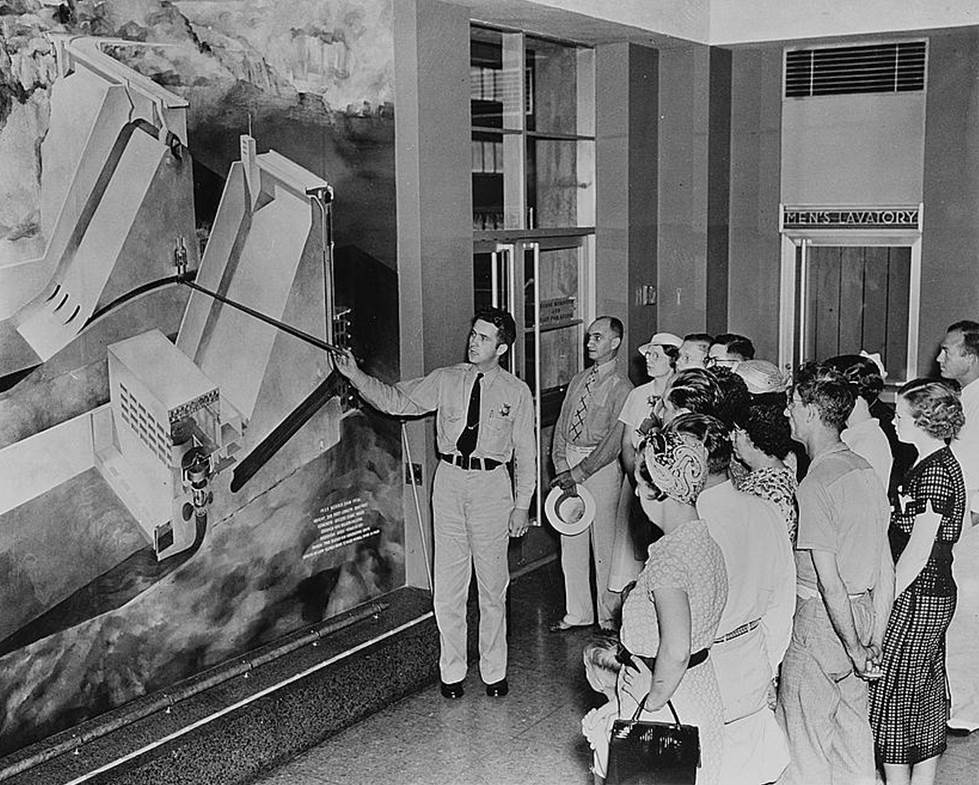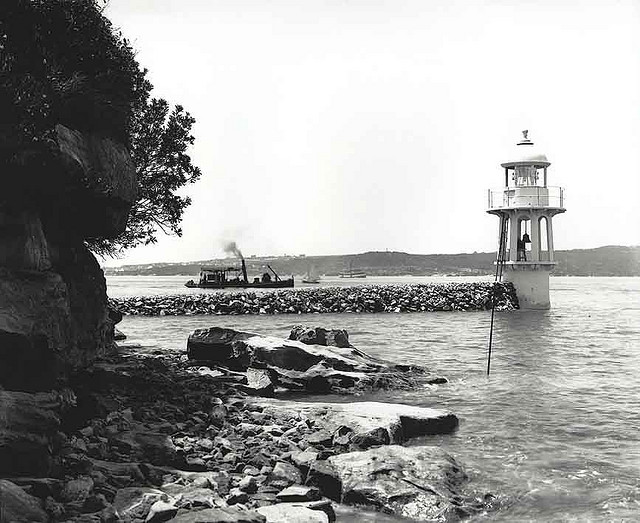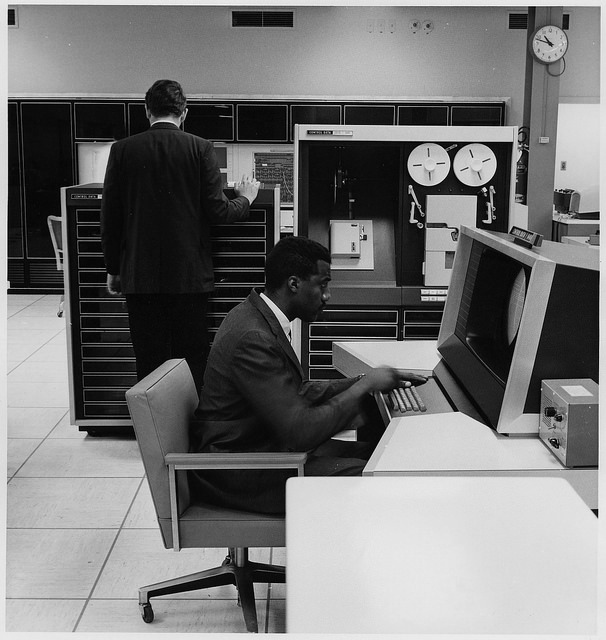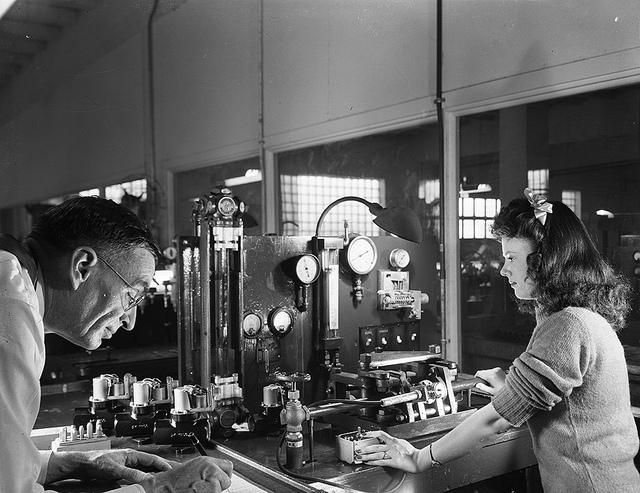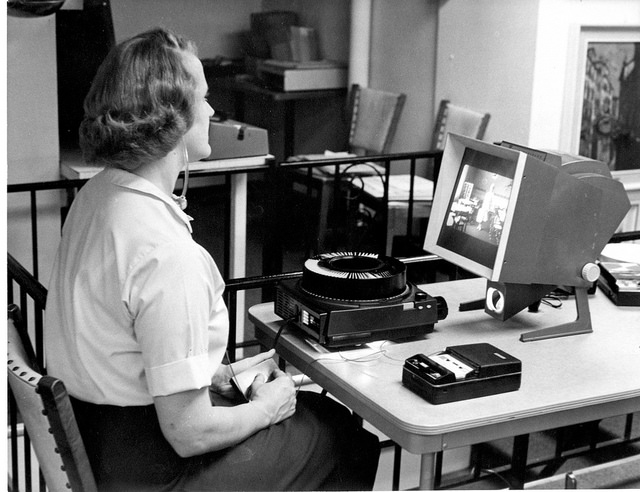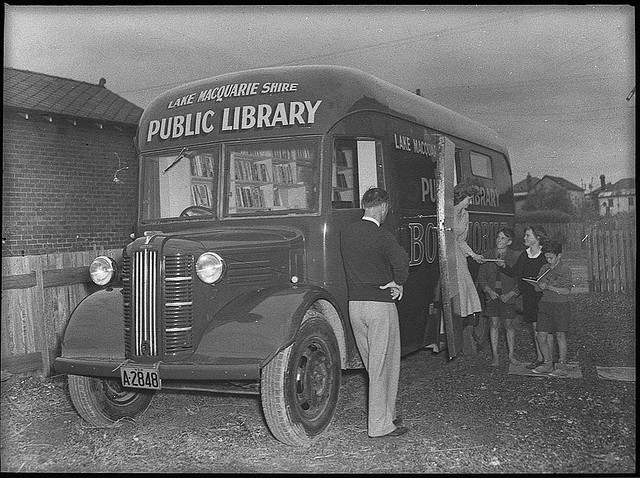 Wednesday, December 2, 2015
Wednesday, December 2, 2015 it's time to talk about email: great new guidance launched
 If email isn’t part of your communications strategy then now is the time to factor it in. The Local Government Association have drawn-up some excellent guidance right here - and we've contributed.
If email isn’t part of your communications strategy then now is the time to factor it in. The Local Government Association have drawn-up some excellent guidance right here - and we've contributed.
Emails may have been around for a long time but this technology is seeing a revival among council communicators across the country. And it’s easy to see why. With budget pressures and demands on local services continuing to rise, communications budgets are being stretched – so savvy comms professionals are turning their hands to this cost-effective tool.
There’s a strong business case for using email: research from GovDelivery shows that email is a useful way to increase your online audience, reduce call volumes and increase online transactions. So if email isn’t currently part of your wider communications strategy, then it is definitely time to re-think this.


















